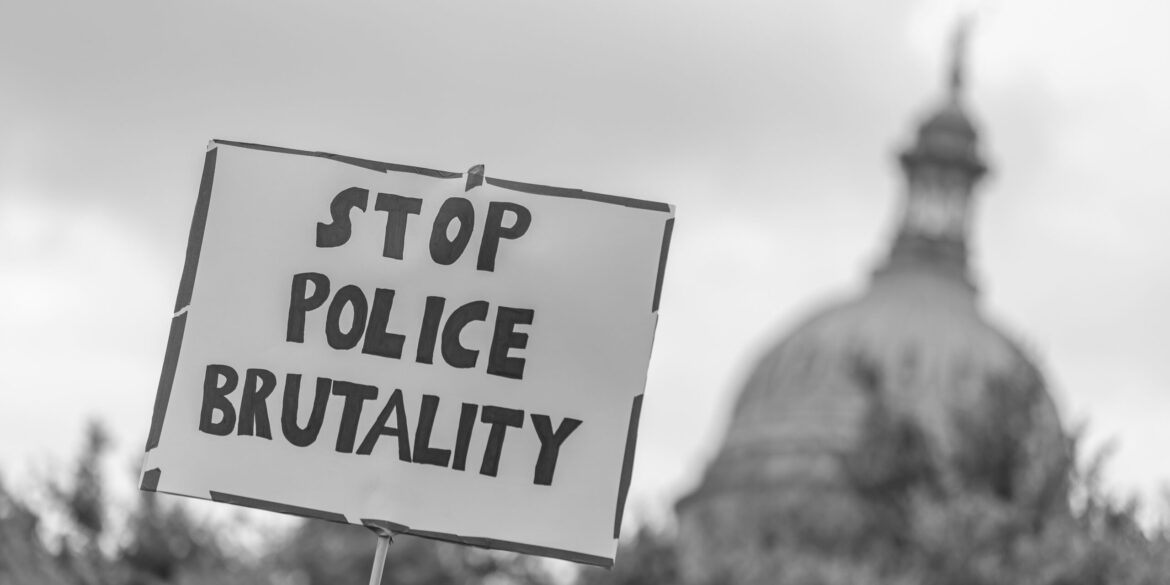In the wake of high-profile incidents of police misconduct, several U.S. states have enacted significant reforms aimed at increasing accountability and transparency within law enforcement agencies. These legislative actions reflect a growing commitment to addressing systemic issues and rebuilding public trust in policing.
California’s Comprehensive Reforms
California has been at the forefront of police reform efforts. In 2021, Governor Gavin Newsom signed a series of bills into law initiating critical criminal justice and policing reforms. These measures included banning the carotid restraint, requiring the Attorney General to conduct investigations into officer-involved shootings of unarmed individuals that result in death, and mandating the use of body-worn cameras for law enforcement officers. Additionally, the legislation reformed the juvenile justice system to emphasize rehabilitation and education, aiming to create a more equitable and effective approach to justice.
Minnesota’s Dual Oversight Approach
Minnesota has implemented a dual oversight system to enhance police accountability. Following the murder of George Floyd, the state entered into a comprehensive agreement with the federal government to overhaul police training and use-of-force policies. This agreement, approved by the Minneapolis City Council in early 2025, includes provisions for the use of body-worn cameras, community oversight, and reforms to training protocols. Notably, Minneapolis is set to become the first U.S. city to operate under both state and federal consent decrees, ensuring a robust framework for monitoring and enforcing compliance with reform measures.
New York’s Legislative Actions
New York State has also taken significant steps toward police reform. The state has passed legislation aimed at increasing transparency and accountability for law enforcement. These reforms include placing limits on the use of police force and establishing mechanisms for greater oversight. Additionally, New York City has a Civilian Complaint Review Board (CCRB), an independent agency tasked with investigating complaints of police misconduct. The CCRB has the authority to recommend disciplinary actions and works to ensure that allegations of misconduct are addressed in a fair and transparent manner.
Challenges and Ongoing Efforts
Despite these advancements, challenges remain in the pursuit of comprehensive police reform. Activists and reform advocates continue to push for federal legislation that would standardize reforms across the country, particularly in areas such as eliminating qualified immunity and mandating the use of de-escalation tactics during encounters with civilians. While some progress has been made at the state and local levels, the absence of a cohesive national policy leaves gaps in accountability and consistency.
Additionally, the effectiveness of civilian oversight boards varies across jurisdictions. In some areas, these boards lack the authority to enforce disciplinary actions, limiting their impact. Experts emphasize the need for oversight bodies to have subpoena power, independent staffing, and the ability to implement meaningful consequences to ensure they can hold law enforcement agencies accountable effectively.
Looking Ahead
As the nation continues to grapple with issues of police misconduct and systemic inequality, the actions taken by states like California, Minnesota, and New York serve as important steps toward meaningful reform. However, the path to comprehensive change requires sustained effort, collaboration, and a commitment to upholding the principles of justice and accountability. The ongoing dialogue between lawmakers, law enforcement agencies, and communities is crucial in shaping a future where policing serves and protects all members of society equitably.

